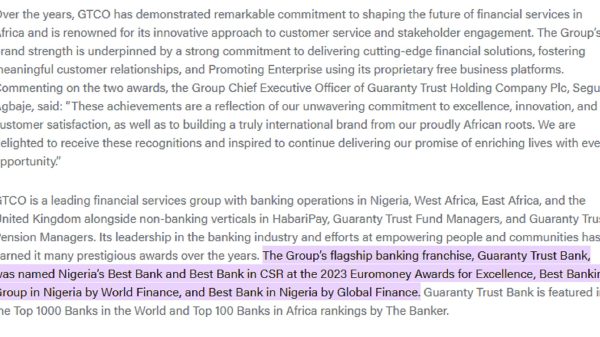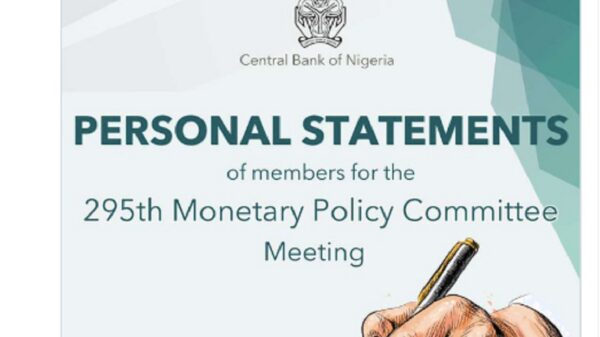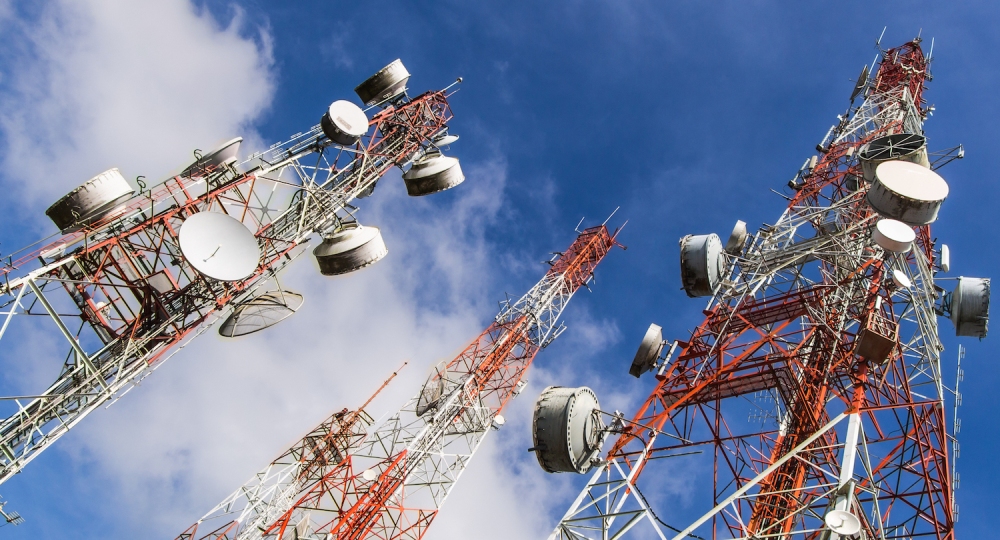Nigeria telecommunication providers increased their internet subscriber base by 7.88 million in the third quarter of 2020 (Q3 2020), according to the latest telecoms report released by the National Bureau of Statistics (NBS).
The total number of internet subscribers increased by 7.87 million (5.48%) in Q3 2020 from 143.6 million recorded in the previous quarter to 151.5 million subscribers.
Also, it increased by 28.3 million (23%) as against 123 million recorded in the corresponding period of 2019 (Q3 2019).
Highlights
- As at Q3 2020, MTN held the highest internet market share with 42%. The total number of active internet subscribers for MTN was 64.35 million.
- Airtel followed with a market share of 27% (40.31 million), Globacom followed closely with a market share of 26% (39.13 million), while 9mobile recorded a market share of 5% (7.3 million).
- The four major networks recorded positive growths in the number of active internet subscribers when compared to Q2 2020. However, 9mobile lost some internet subscribers when compared to Q3 2019.
- Specifically, 9mobile lost 1.19 million internet subscribers between Q3 2019 and Q3 2020.

Voice subscriptions
In terms of voice subscriptions, telcos in Nigeria increased their customer base by over 9 million in Q3 2020 compared to the previous quarter, while 26.1 million additional subscribers joined year-on-year.
- MTN Nigeria controls a market share of 40% as at Q3 2020, followed by Airtel with 26.9%, Glo (26.4%), 9mobile (6.2%), and others with a market share of 0.2%.
- Airtel grew its customer base by 5.3% (QoQ), followed by 9mobile, which increased by 5.1% in the same period.
- MTN increased its customer base by 4.9%, while Glo increased its customers by 3.2%.
What you should know
- The increase in the number of active internet subscribers across telco providers can be largely attributed to the increased usage of the internet by Nigerians due to the Covid induced lockdown, implemented by the federal government as a measure to curb the spread of the pandemic.
- During the lockdown, Nigerians were forced to work remotely, which necessitated the use of the internet as a means of communication in most corporate organisations.
- Nigerians also made use of internet video calls to communicate with their family members both home and abroad.
- The lockdown also saw the increased adoption of tech-related services in Nigeria, with a number of Edtech, Healthtech, Fintech, etc. being setup.
- In December 2020, that the Nigerian Communications Commission (NCC) instructed telco operators to block all SIM cards that are not registered with their National Identity Numbers.
- This could trigger a decline in the number of active subscribers in Nigeria, considering that many are still unable to register with the National Identity Management Commission (NIMC).
Upshot
Based on the data from the National Bureau of Statistics (NBS), it is evident that Nigerian telcos recorded significant growth in 2020 despite the effect of covid-19 on the Nigerian economy.


















































You must be logged in to post a comment Login